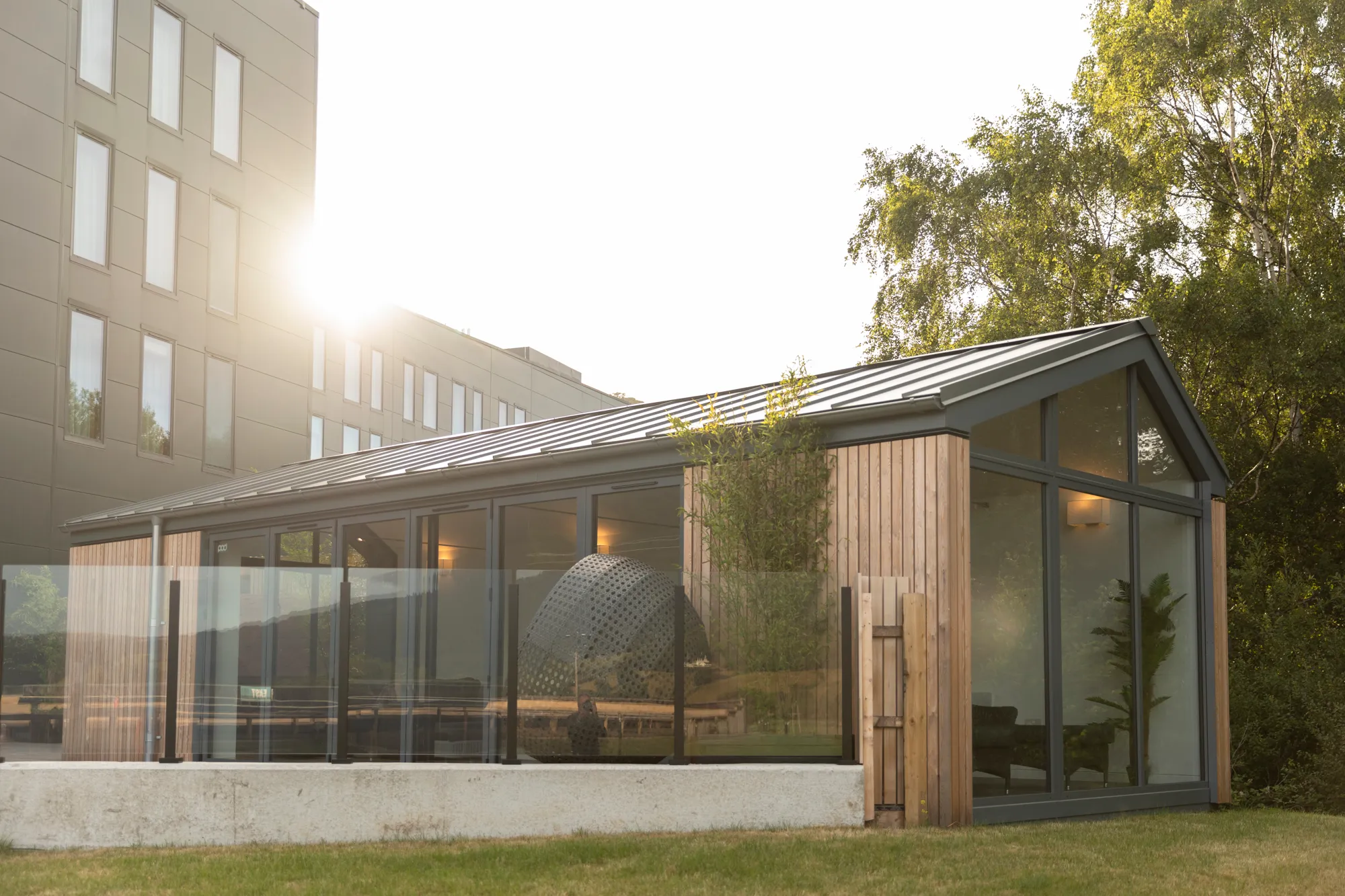
The hotel industry is facing increased demands to find innovative ways to attract guests, both from a business and leisure perspective. But if your current footprint is at capacity, how can you increase your hotel estate footprint cost effectively and with minimal disruption?
Whatever reason you need extra space for, modular construction could well be the answer.
A building can be designed and manufactured for just about any requirement. From wellness complexes, yoga retreats, wedding venues, golf centres – if you need to create a point of difference then modular is a great solution.
Modular building in the hotel sector refers to the construction of hotel buildings using prefabricated and standardised building units (modules) that are manufactured off-site and then transported to the hotel site for assembly.
Modular construction has gained popularity in the hotel sector as it enables hotel developers to construct buildings quickly and efficiently where they are needed, especially in remote locations, where traditional construction methods can be challenging. Additionally, modular buildings can also be easily expanded, reconfigured, or relocated as needed, making them a versatile option for the hotel industry.
The way they are manufactured also means your new building are not just a temporary solution. New methods of modular construction means that if there are correctly maintained, buildings can last as long as traditional construction.
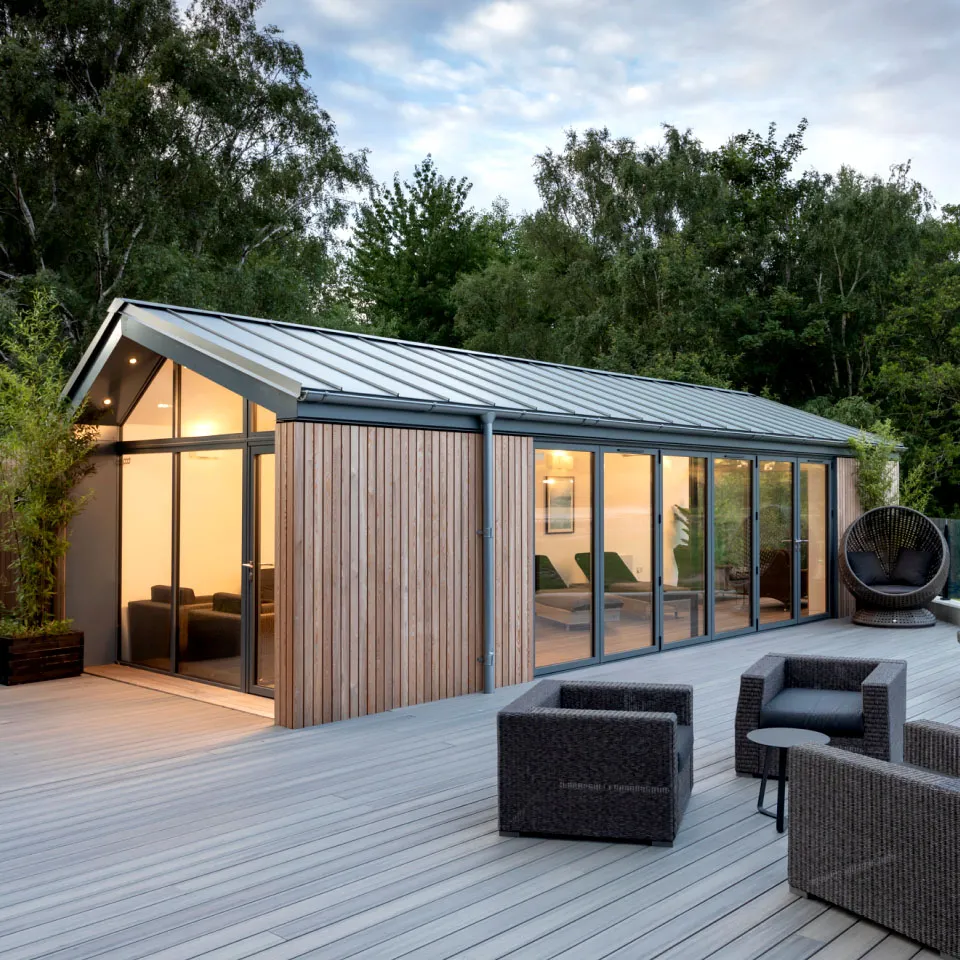
Long gone are the days of drab, grey square boxes. Modular manufacturers often have architectural designers in house who can work with your own team or come up with a range of concepts to inspire you. Using the latest software, designs can be simulated to help you with the flow of the building or buildings, as well as how they will look aesthetically.
Once assembled, they are virtually indistinguishable from their site-built counterparts. If you need the building to form part of your current landscape, it can be made to blend in using natural materials. Alternatively, if you want to make a statement, then the designers will work with you to choose accents that stand out for the right reason.
Look out for modular manufacturers that have won awards for their design. Red Dot, for example, only select the very best in innovative design, which means you are more likely to get something unique for you.
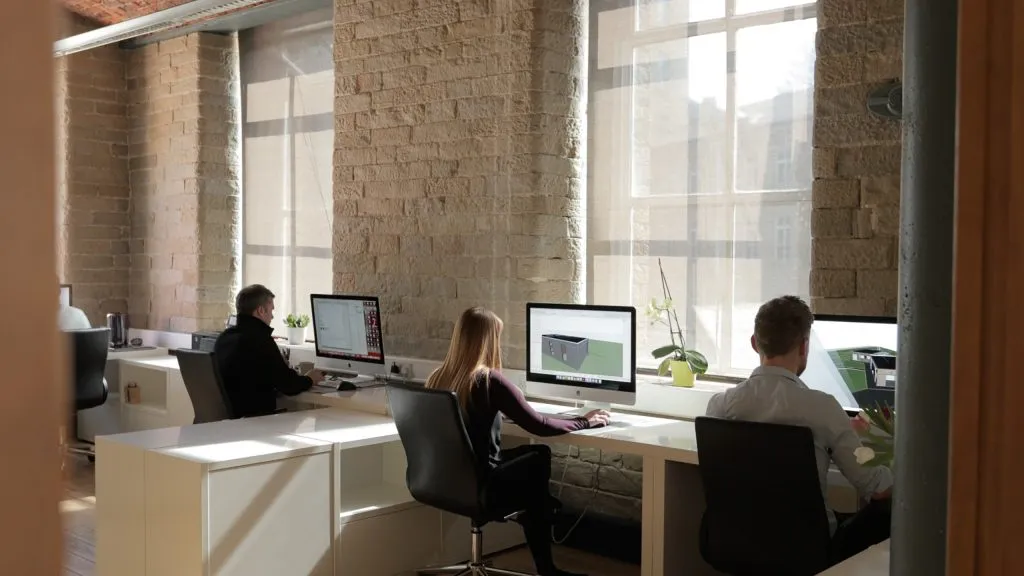
The flexibility in design and assembly means that modular buildings can be adapted for a variety of uses, including:
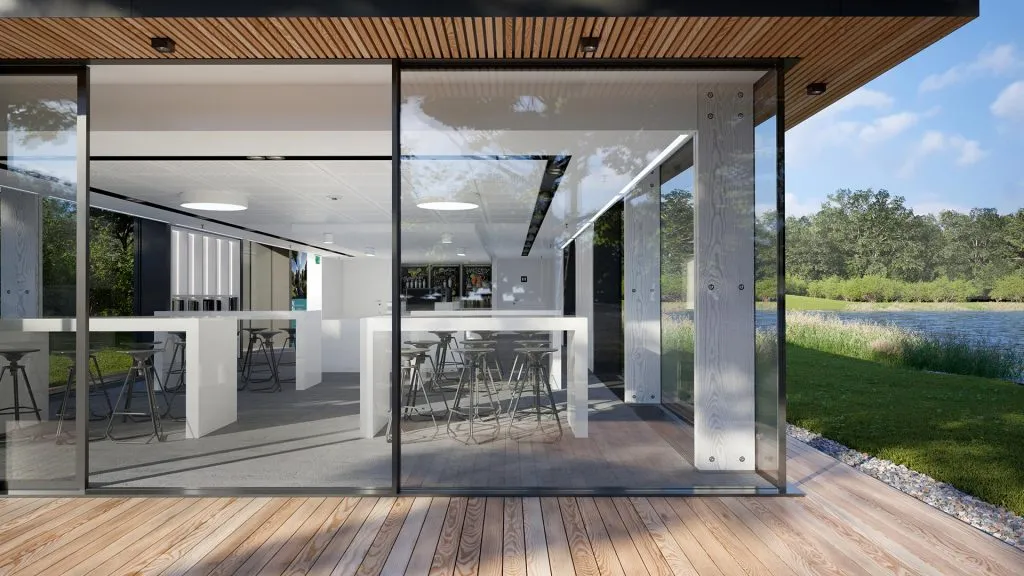

Modular construction is a process where your building is constructed offsite. Everything is built to the same codes and standards as conventional builds. The benefit being everything is tightly controlled, using quality materials in a much shorter period time period.
The materials chosen have been tried and tested over many years. They are usually sustainable, which is an additional benefit, and structurally extremely solid.
Normally, you would be appointed your own project manager and have one point of contact. This ensures you are kept up to date throughout the build.
The size of build is not a concern as modules can be joined and finished on your site. This also means that if you have a difficult to access site, they can be installed quickly, and efficiently without compromise.
They can also be compliant with any DDA requirements, and most manufacturers will also work on creating access through ramps and landscaping the surrounding area, so you have a complete turnkey solution.
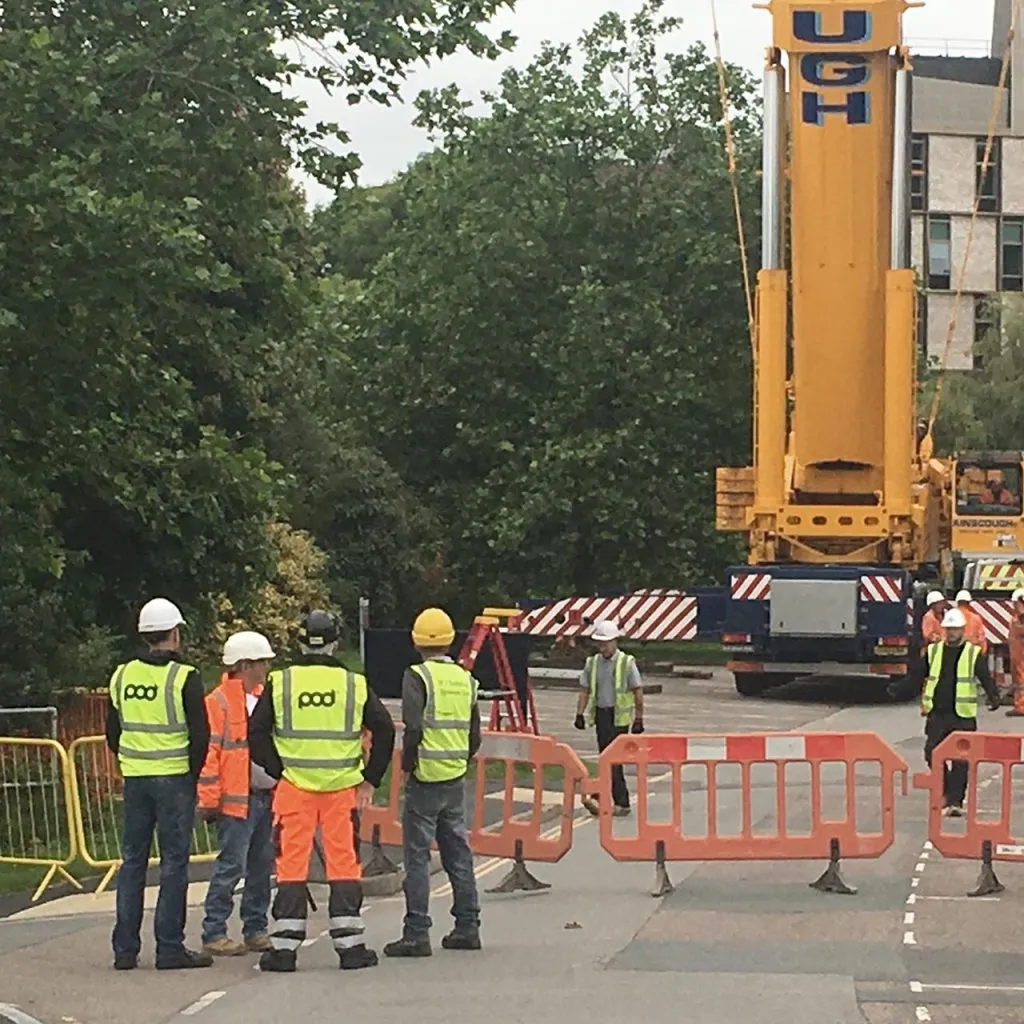
We know that hoteliers are being challenged to measure how sustainable your hotels and estates are. Investors, customers, and employees want to see your business moving from symbolic initiatives to actual activities that combat climate change.
Choosing a modular approach to increasing or improving your footprint is a perfect choice.
Here are some reasons:
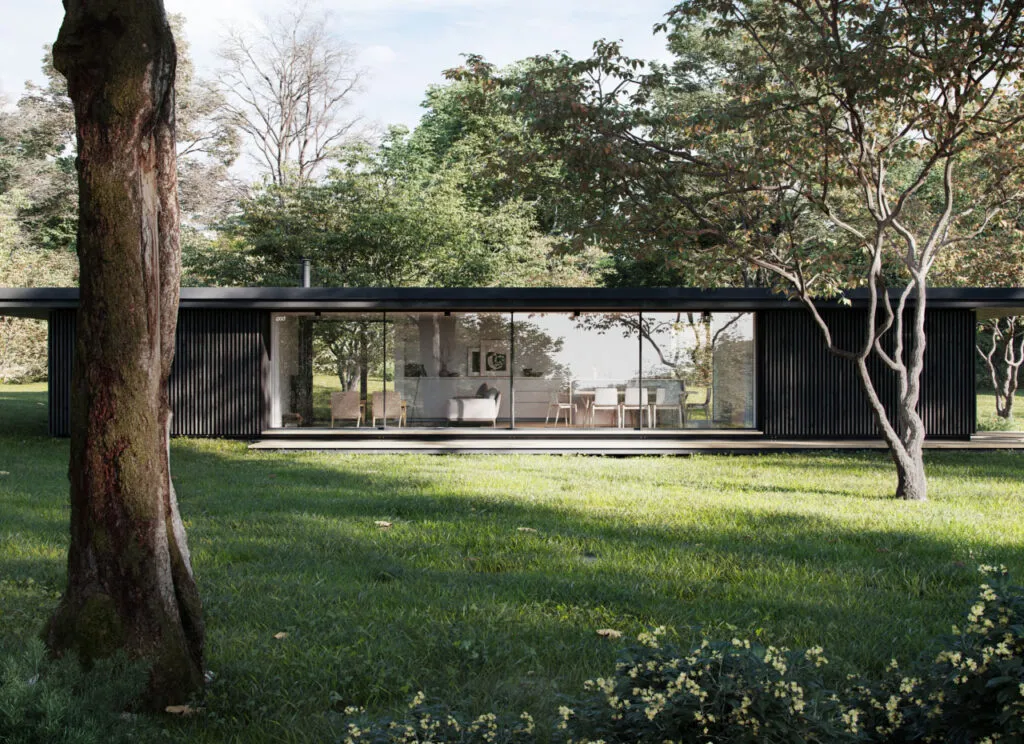
Shorter production times. Shorter construction timelines—often by at least several months—are among the most well-known benefits of the modular approach, reducing costs and speeding time to market and revenue generation.
Centralised design and manufacture. You are usually working with one point of contact who will facilitate every aspect of the project on your behalf. No management of multiple contractors, no concerns of time delays and project run over, and a controlled budget. This also helps mitigate misunderstandings and allows for any changes to be managed effectively.
Quality. Turnkey suppliers are held to a higher degree of accountability, after all, if a problem occurs, there is no one else to blame. With a turnkey solution, you will also receive more personalised service that is exclusively focused on your project. All these factors guarantee a smoother process throughout the lifetime of the project.
Cost effective. Overall, the single greatest cost saving aspect of modular construction is the speed with which the building can be completed. It can be as much as 30% faster, as the manufacturer manages every aspect of the build in their controlled factory environment.
Sustainable. Choosing modular construction is a great way to help you with your own sustainability targets.
Enhanced guest experience. Modular buildings can be designed to incorporate high-end amenities, technology and energy-efficient systems that provide guests with a more comfortable and memorable experience.
Predictability. Modular construction allows for more predictable project schedules and budgets due to the reduced number of variables.
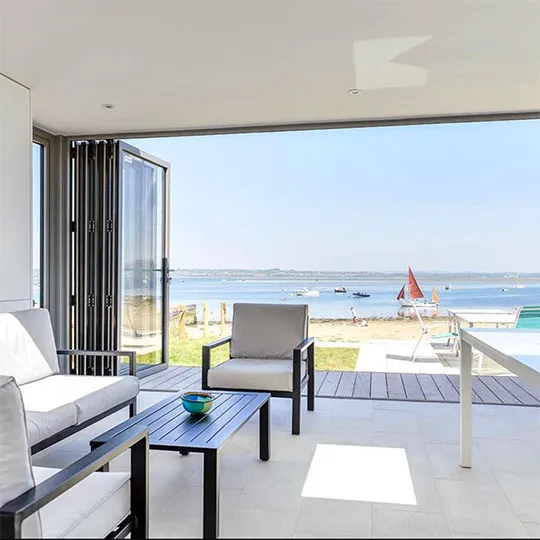
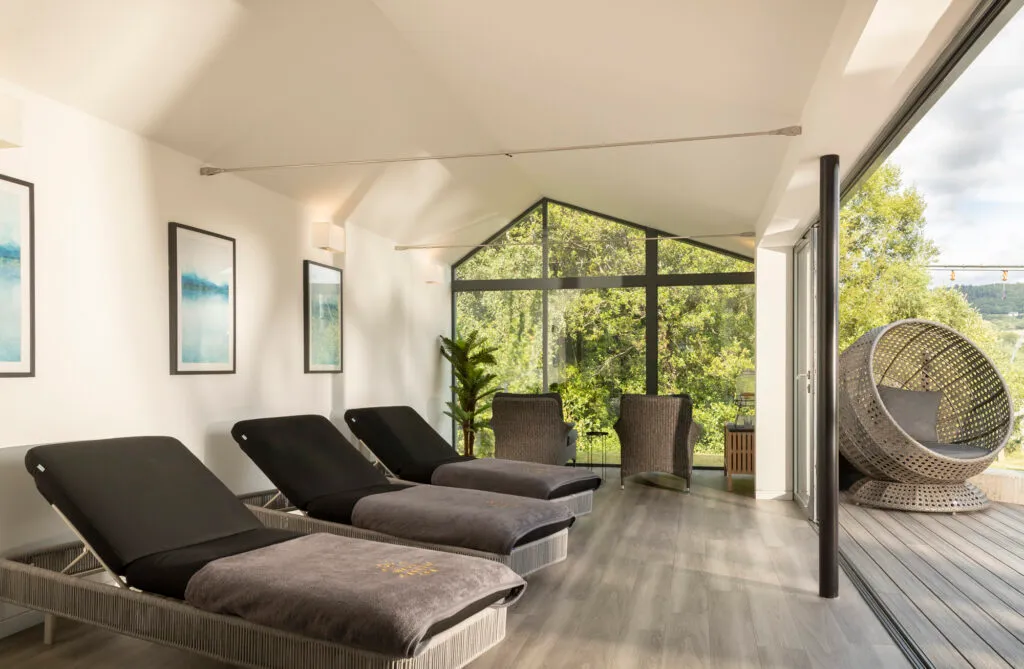
There are a lot of modular manufacturers to choose from. Create a shortlist and consider:
✓ Have they worked specifically within the hotel and leisure sector?
✓ Ask to see cases studies and testimonials from other customers.
✓ Ask about their design capabilities or if they have worked with in-house design teams in the past. You want to get a building that you want, not what they are limited to designing.
✓ If design and aesthetics are important to you, look out for award winners, such as Red Dot and iF.
✓ Ask about sustainability and their eco-credentials. How will they work with you to meet your own targets?
✓ Health and safety should go without saying but ask to see certificates and accreditation. Are they up to date and relevant?
✓ How will the manufacturer work with you to deliver the project. Do you need support on planning permission, the groundworks etc?
✓ Are you appointed a centralised coordinator, and do you get a sense that they work in the style that you need to feel reassured?
✓ Budget and timeframes – are you confident that they are not over-promising?
✓ Ask about warranties and ensure everything is covered within it.